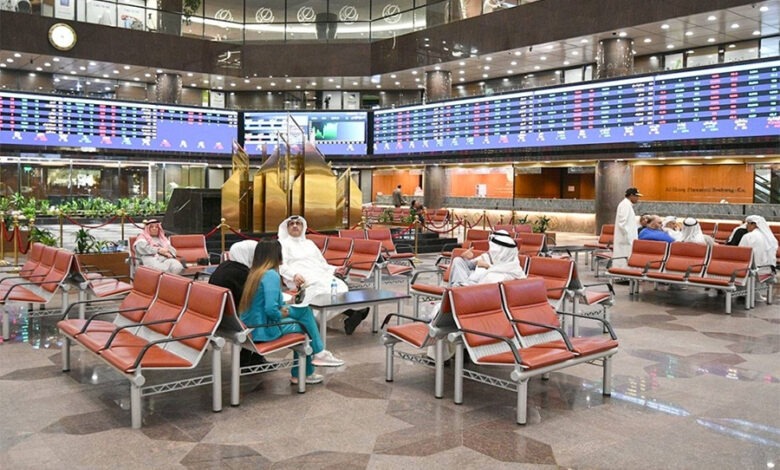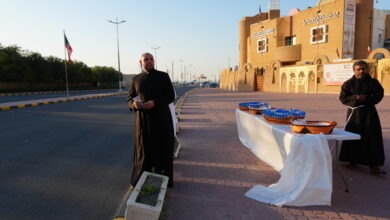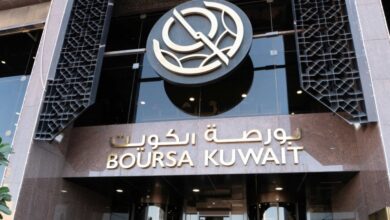KSE sees calm, indicators experience limited losses

The Kuwait Stock Exchange witnessed increased calmness in trading for the second consecutive session, although this time the indicators experienced limited losses.
Liquidity and activity also decreased significantly, with the general market index dropping by 0.17 percent, or 12.70 points, to close at 7420.57 points. Liquidity decreased to 33.4 million dinars, with 158.3 million shares traded through 12,204 transactions. Out of 130 shares traded, 54 gained, 56 lost, and 20 remained unchanged, reports Al-Jarida daily.
The Premier Market Index declined by 0.33 percent, or 27.15 points, closing at 8,130.58 points, with liquidity at 21.7 million dinars. A total of 63.8 million shares were traded through 6,060 transactions, with 33 shares traded, 10 gaining, 19 losing, and 4 remaining unchanged.
On the other hand, the Premier Market Index rose by 0.66 percent, or 39.67 points, closing at 6,094.13 points, with liquidity at 11.6 million dinars. 94.4 million shares were traded through 6,144 transactions, with 97 shares traded, 44 gaining, 37 losing, and 16 remaining unchanged.
Trading on the Kuwait Stock Exchange experienced calmness and sluggishness for the second time this week, with significantly reduced activity. Liquidity was notably low, with transactions during the session not exceeding 800 thousand dinars. Focus was on shares of Arzan and KFH, while many active stocks contributing to increased liquidity in previous weeks were absent.
Notably absent were shares of IFA Block, Kuwait Real Estate, and IFA Hotels, as well as blue-chip stocks and shares of the Projects Block.
The session saw cautious trading and limited declines for most stocks, particularly blue-chip stocks, while smaller stocks witnessed decreased activity. KFH remained prominent with support during the auction period, while Watani stock faced pressure after losing gains achieved during the previous auction. Agility, Zain, and Masharie also declined during the auction period for the second consecutive session due to profit-taking operations.
In the Gulf region, market indices of GCC countries predominantly declined, with only two indices rising to varying degrees. Dubai’s index increased by about half a percentage point, while the Saudi market index fluctuated around the closing point; the Muscat market index experienced the most significant loss, dropping by one percent, while other indices also declined to varying extents. Meanwhile, oil prices stabilized close to $83, trading in the red.












